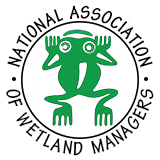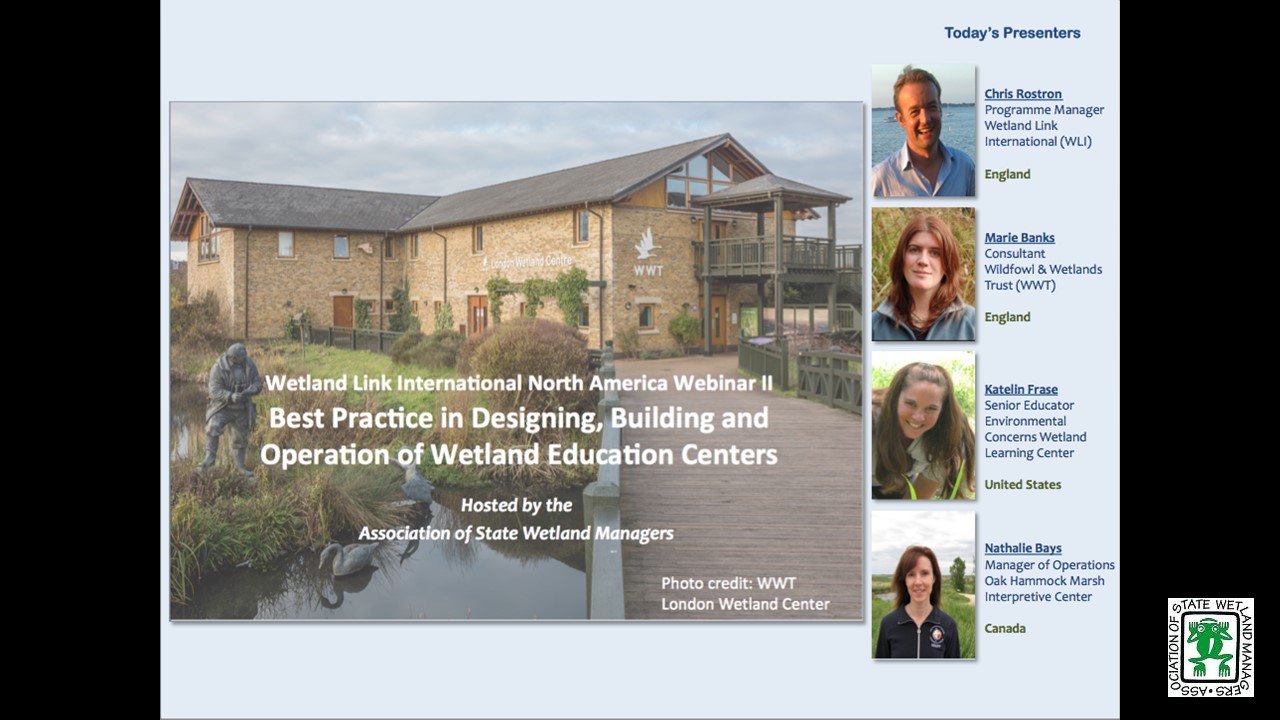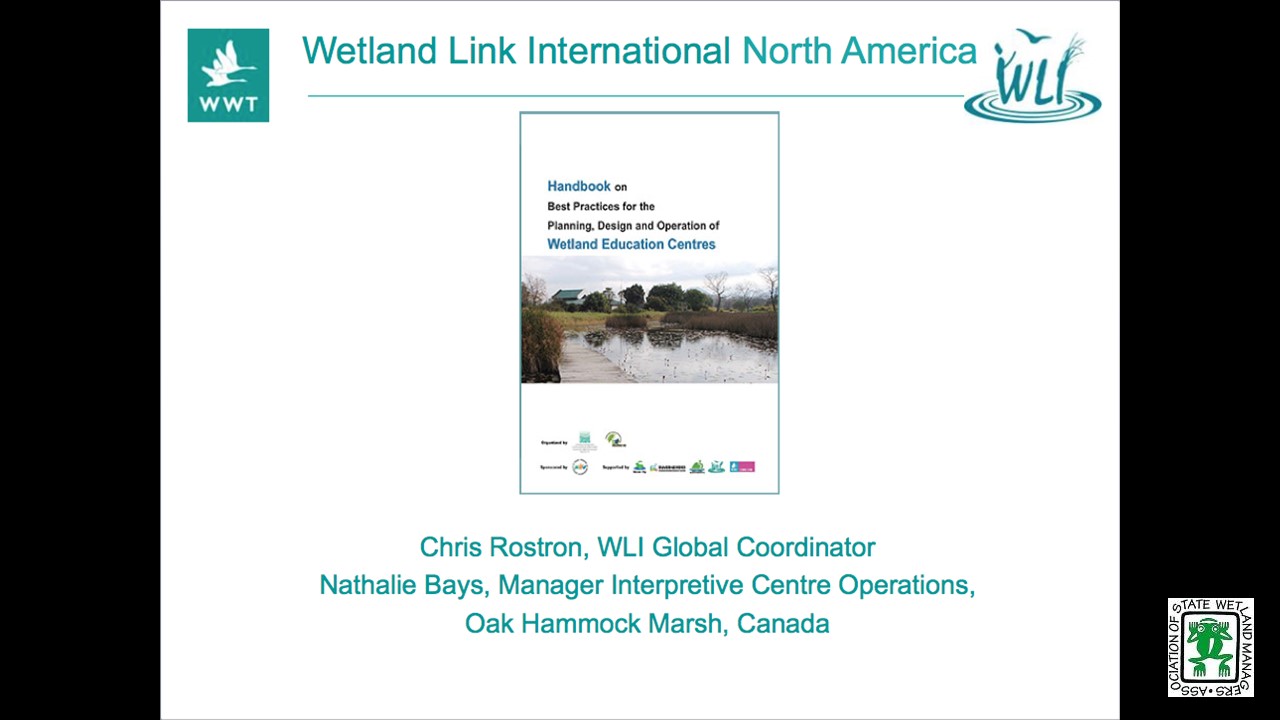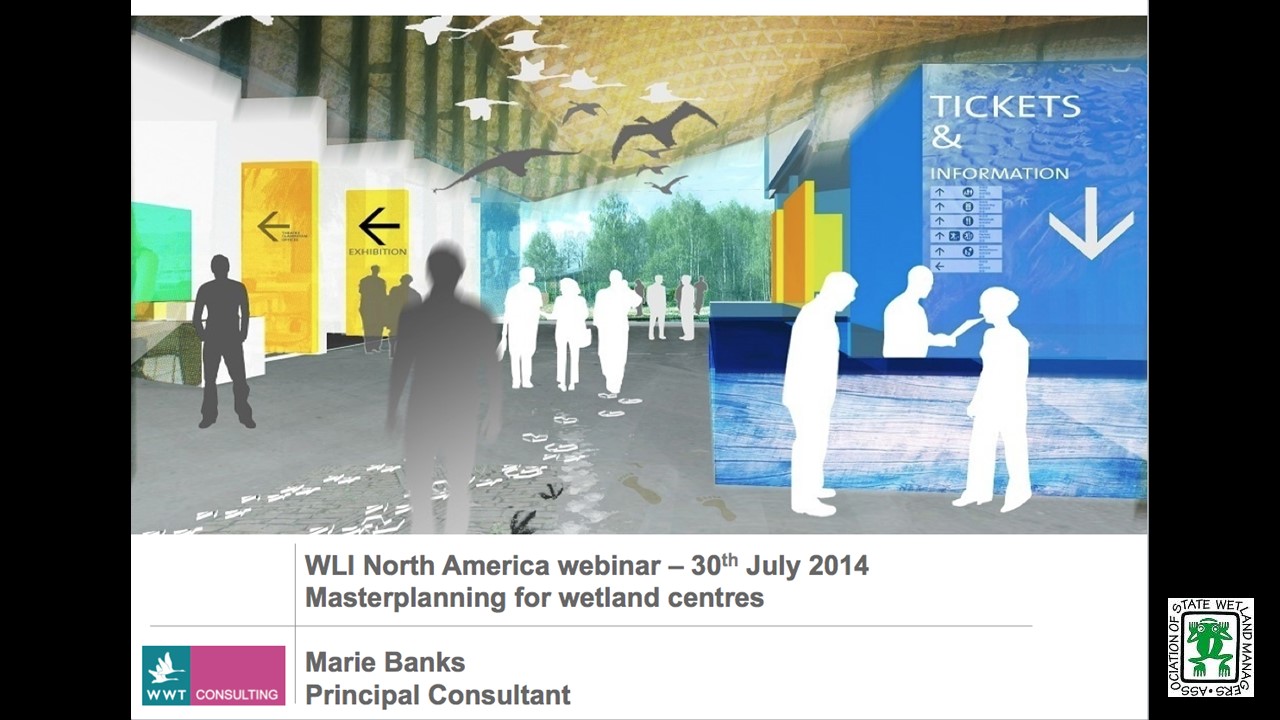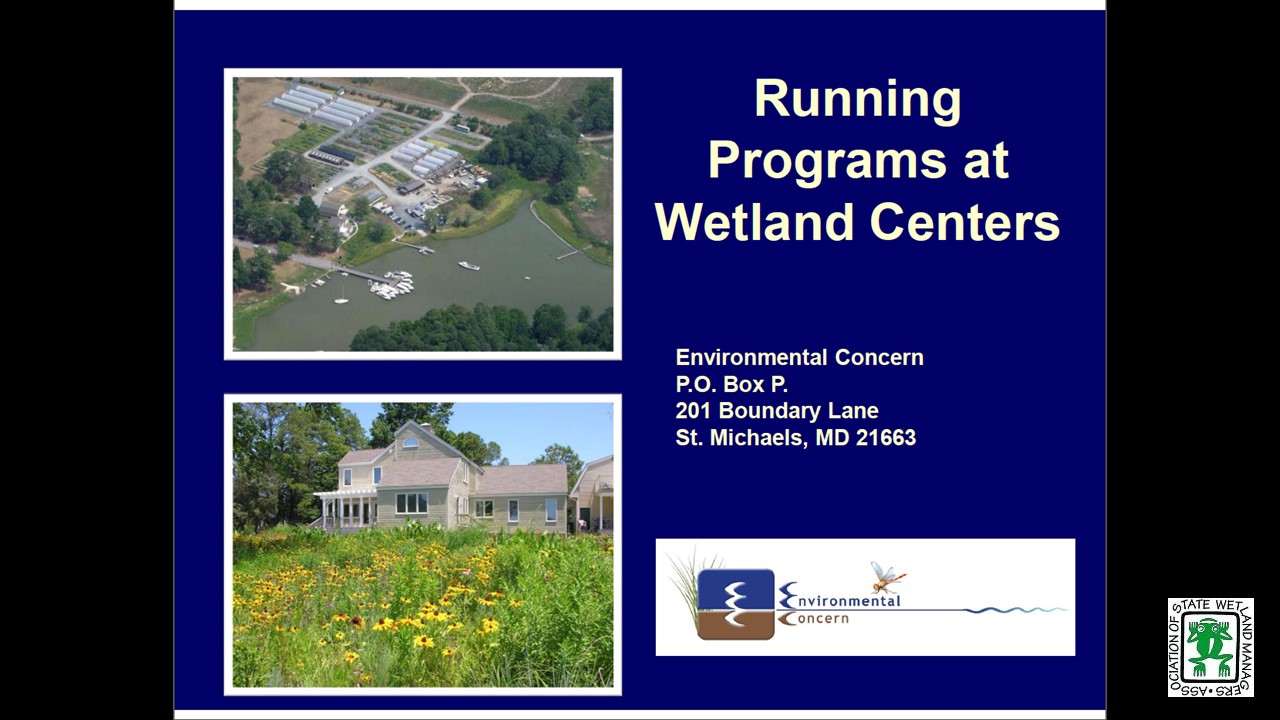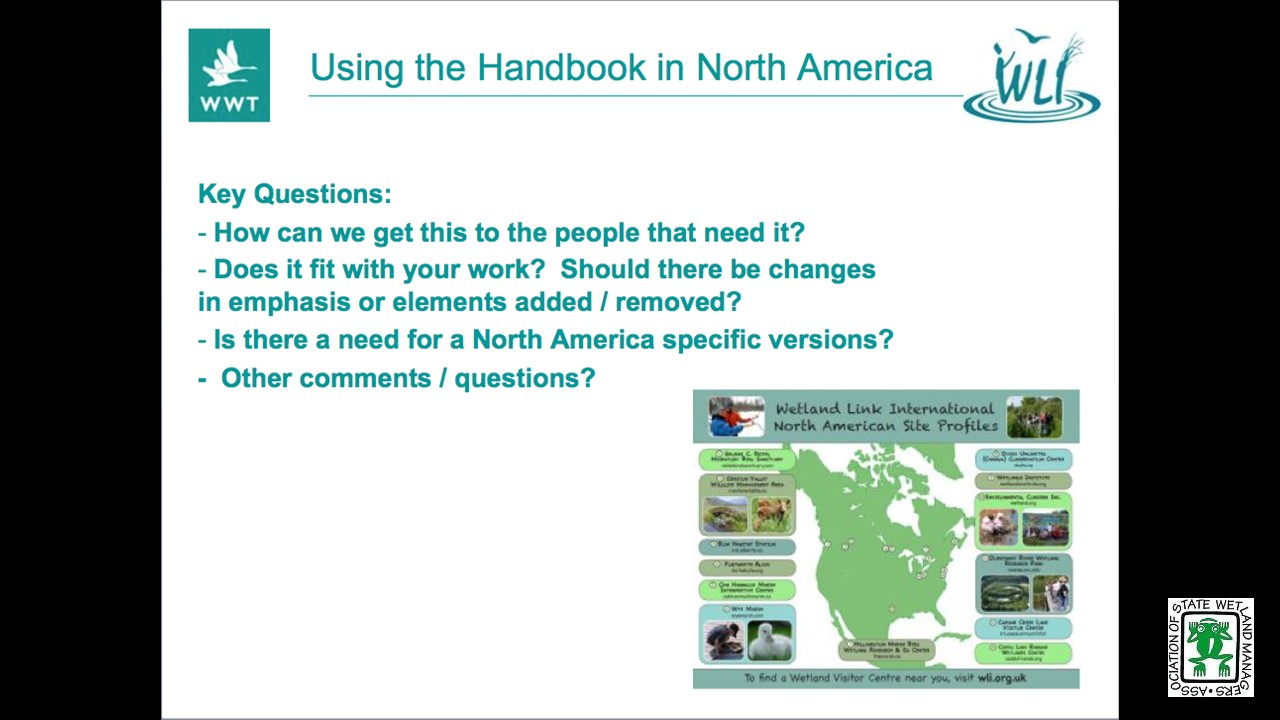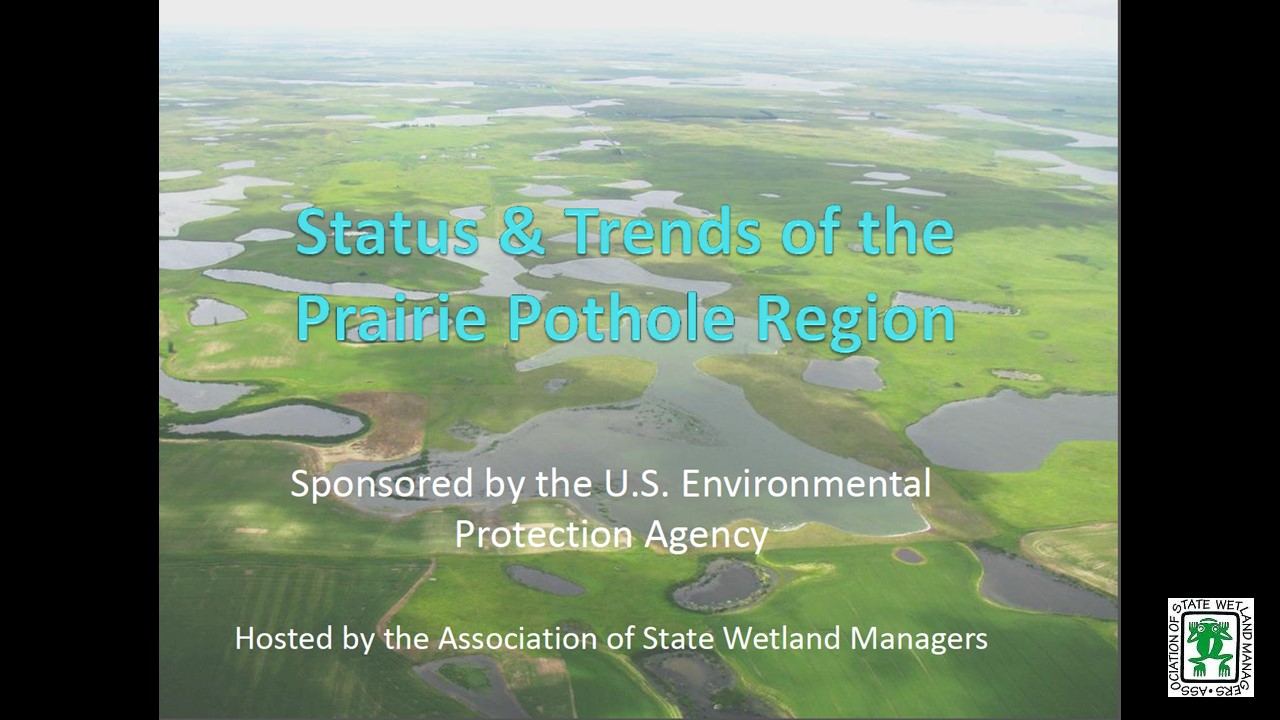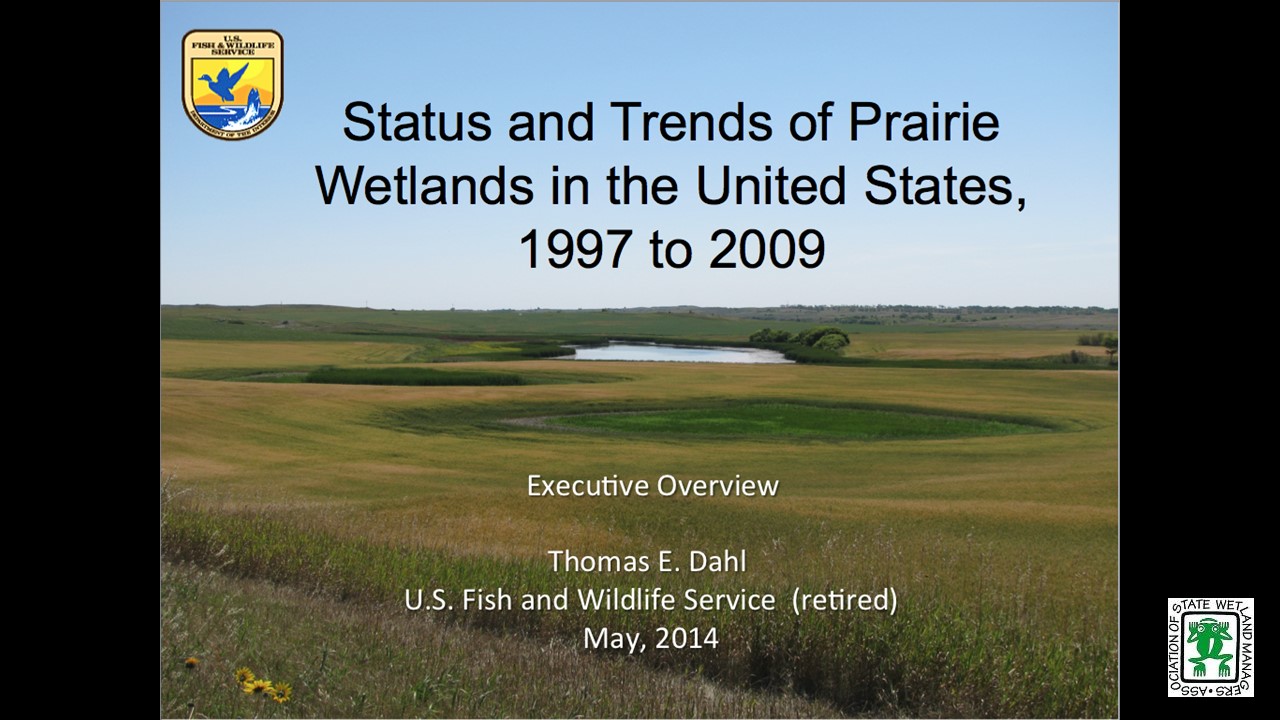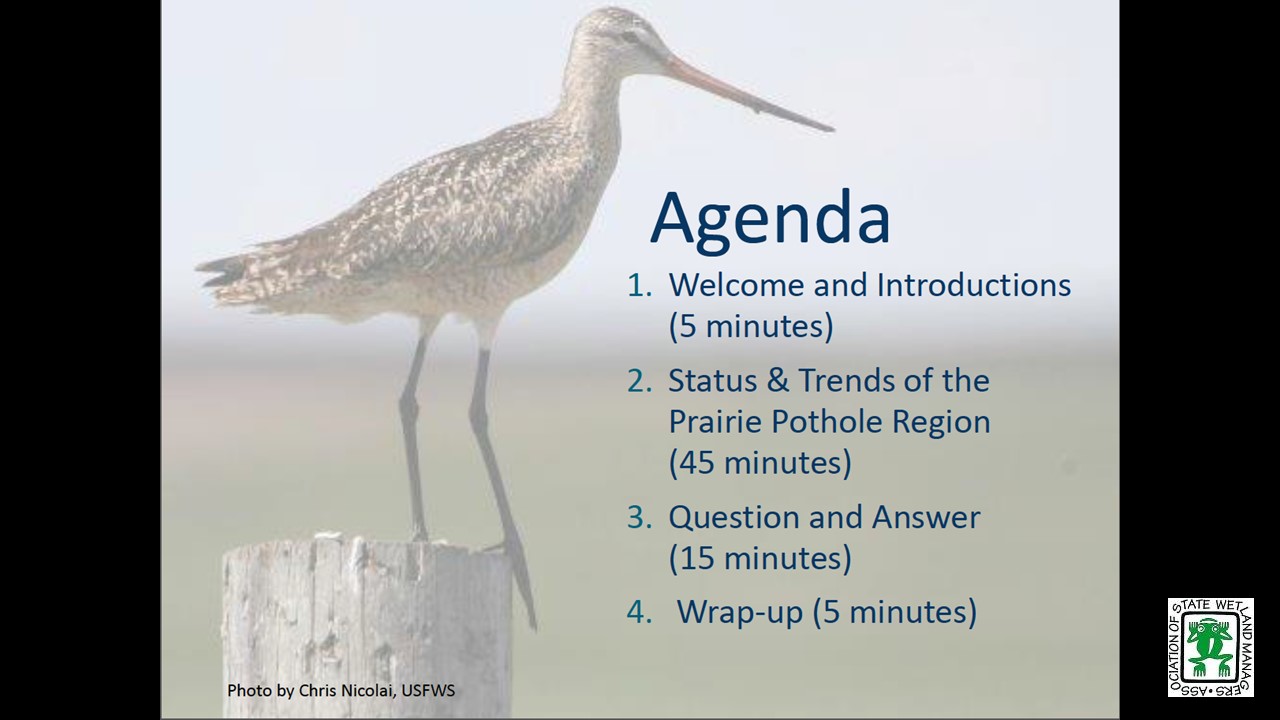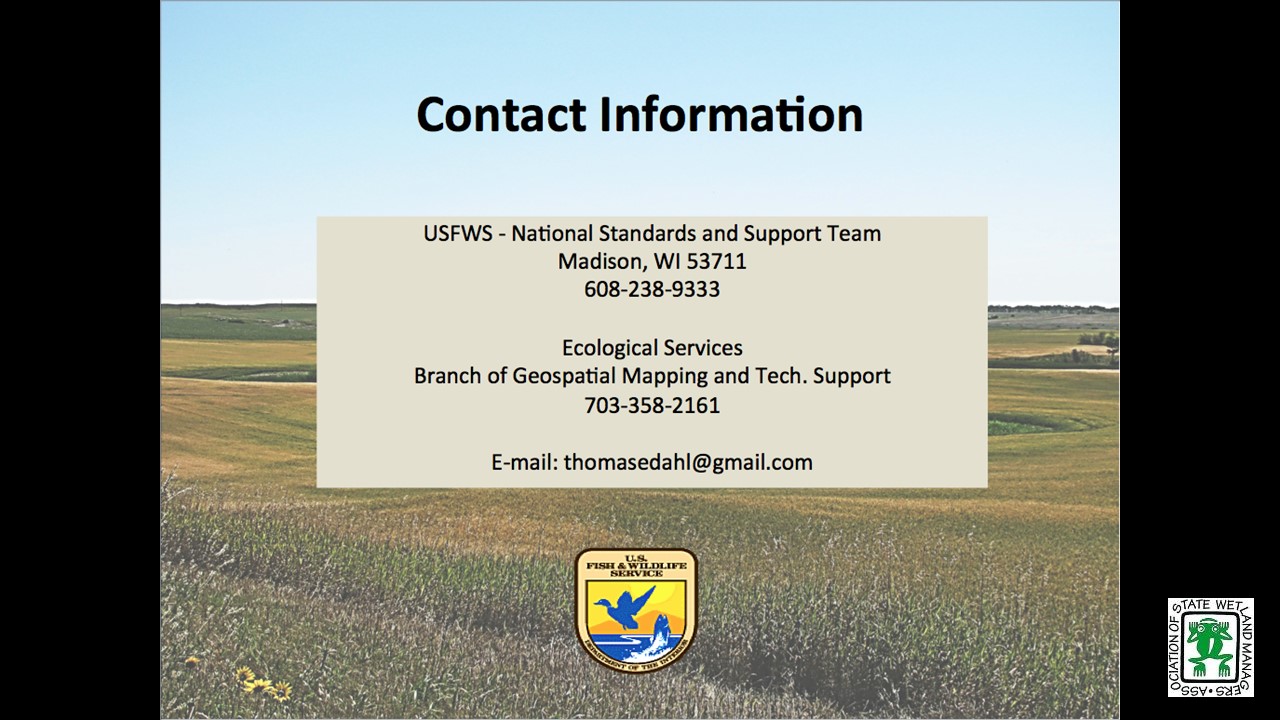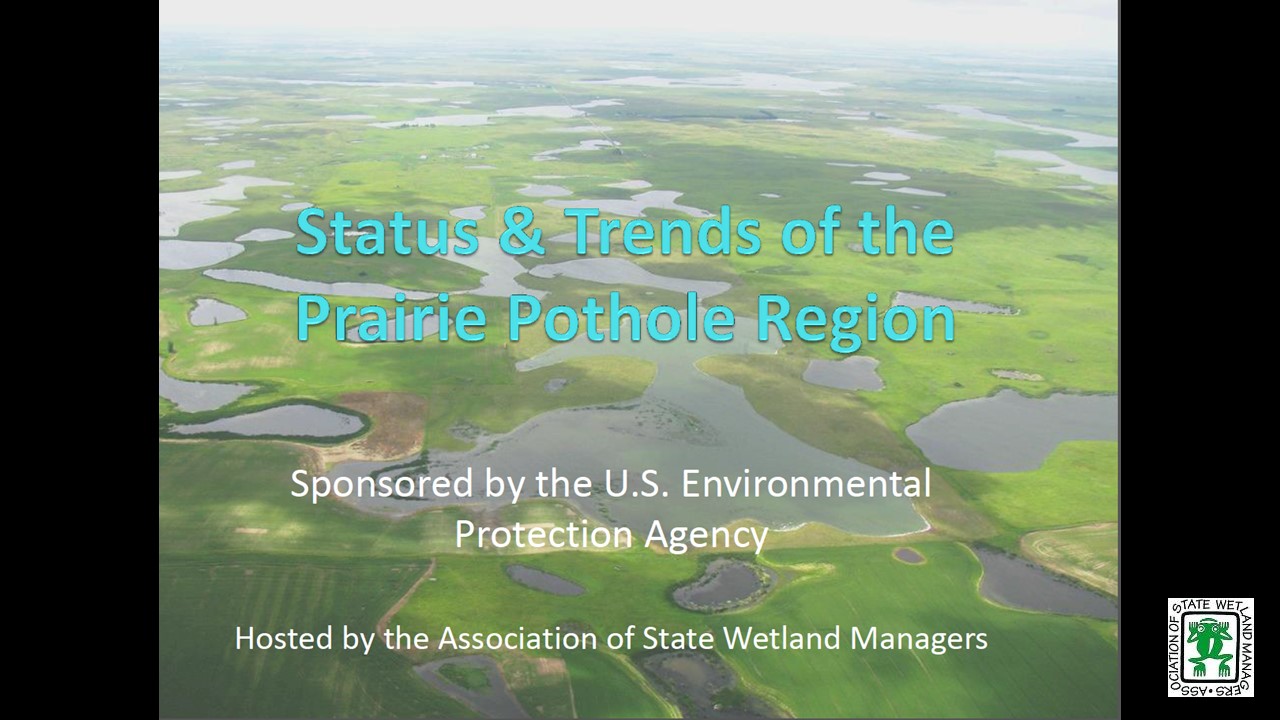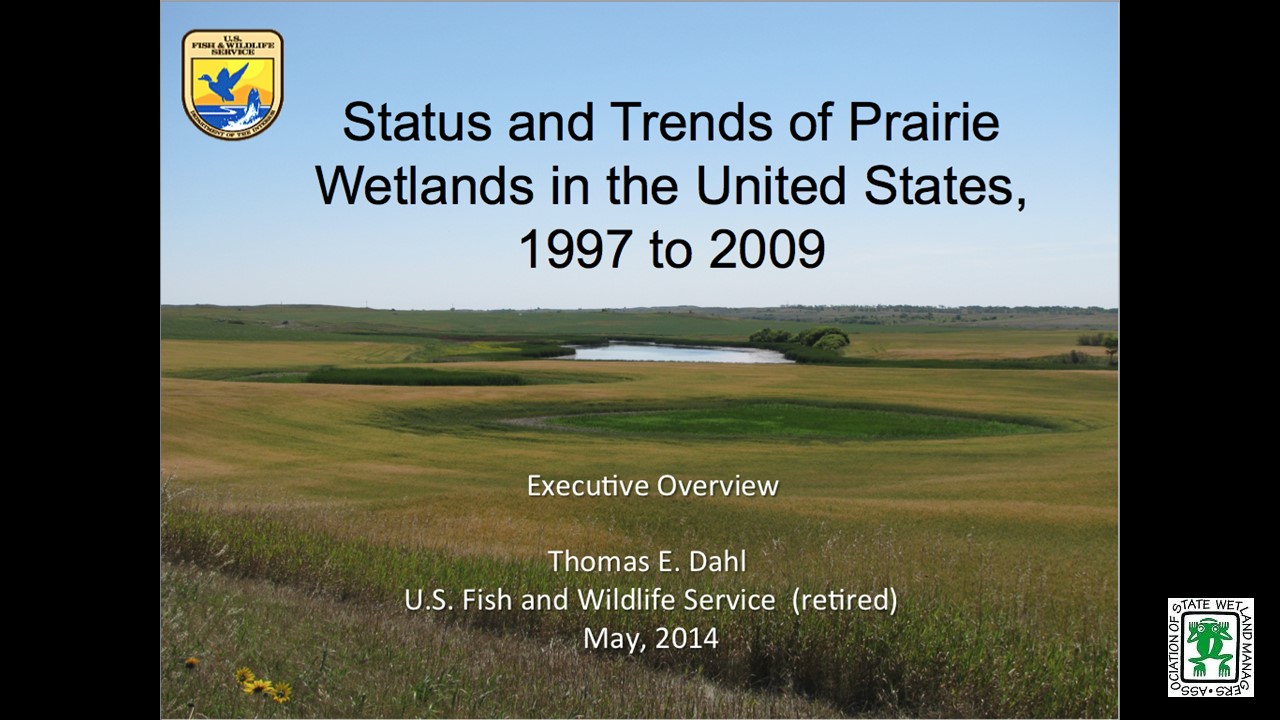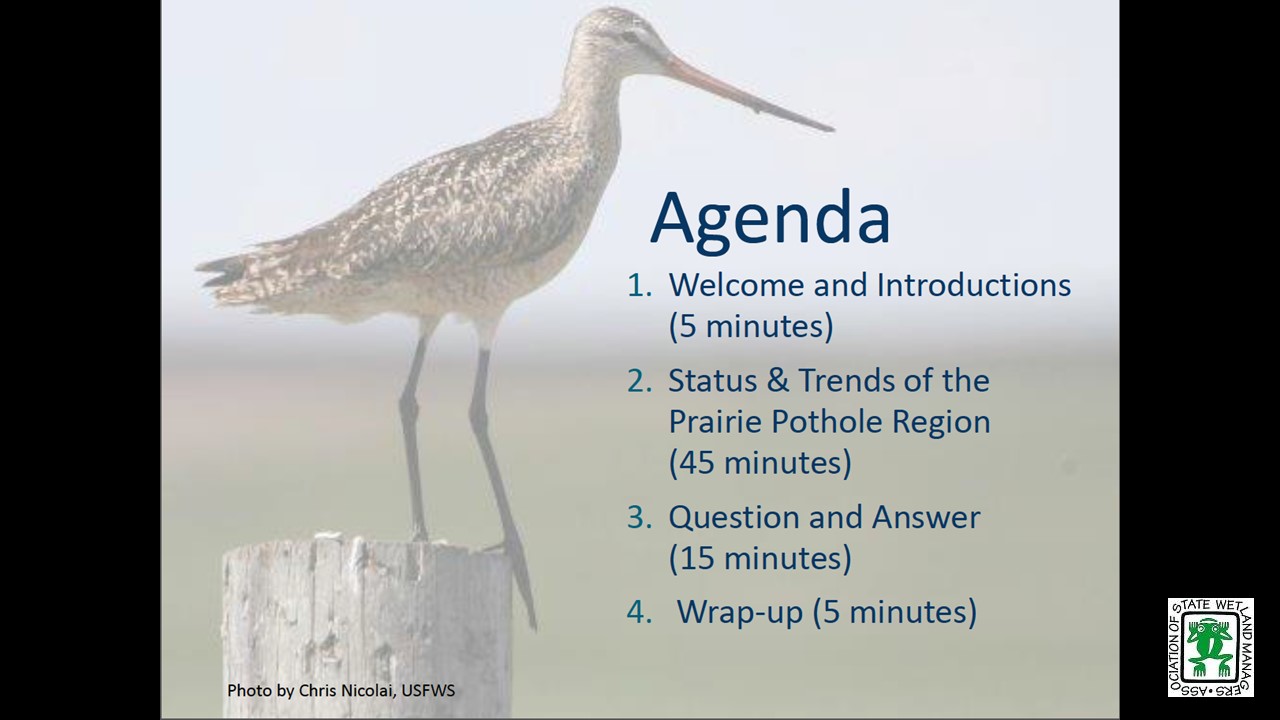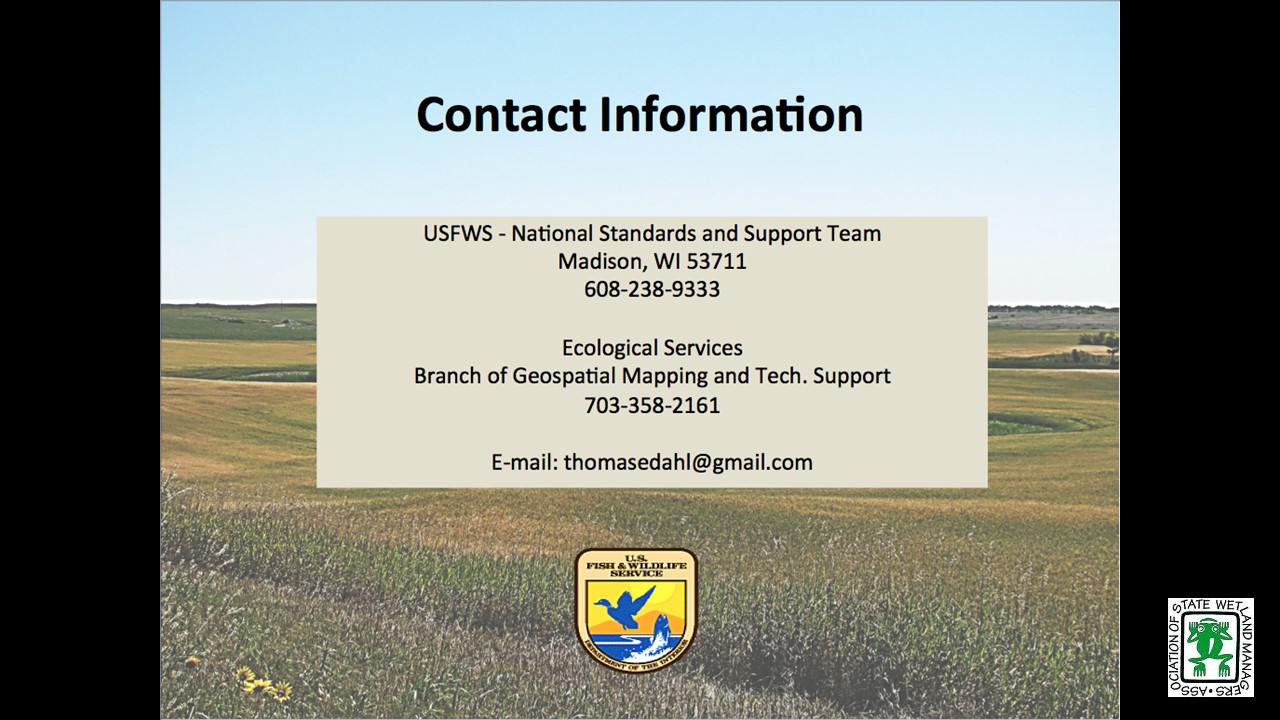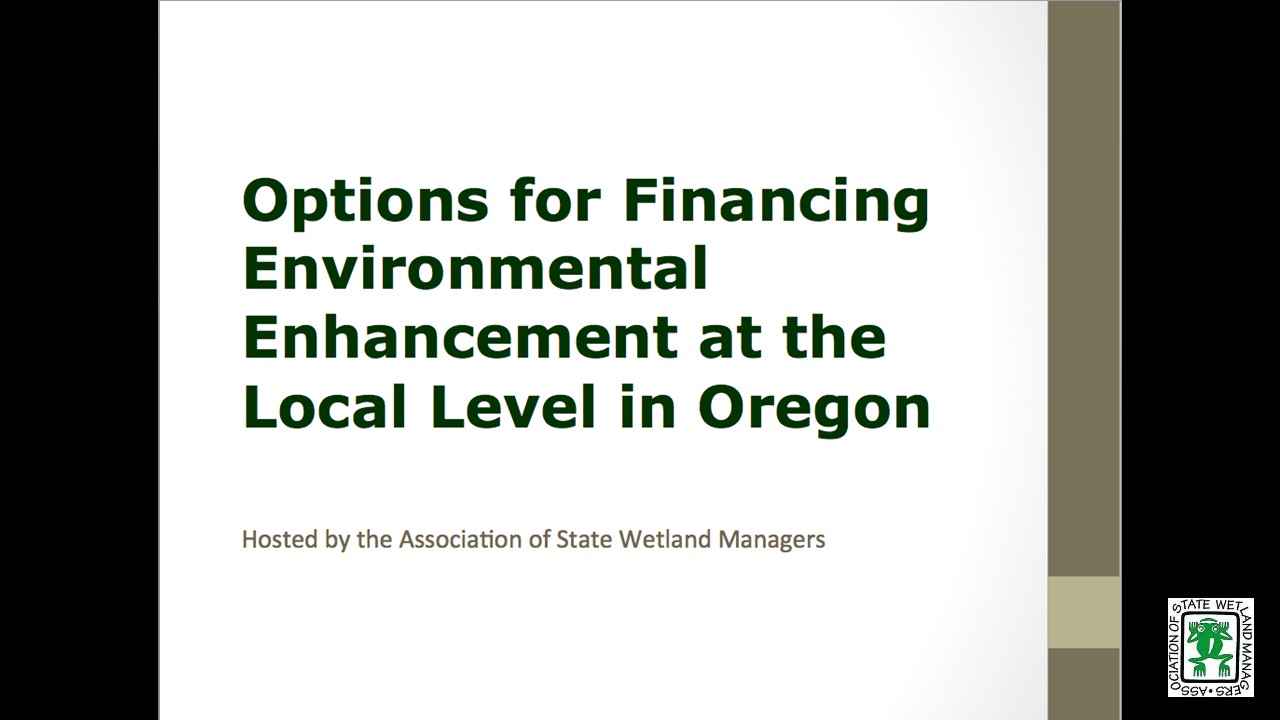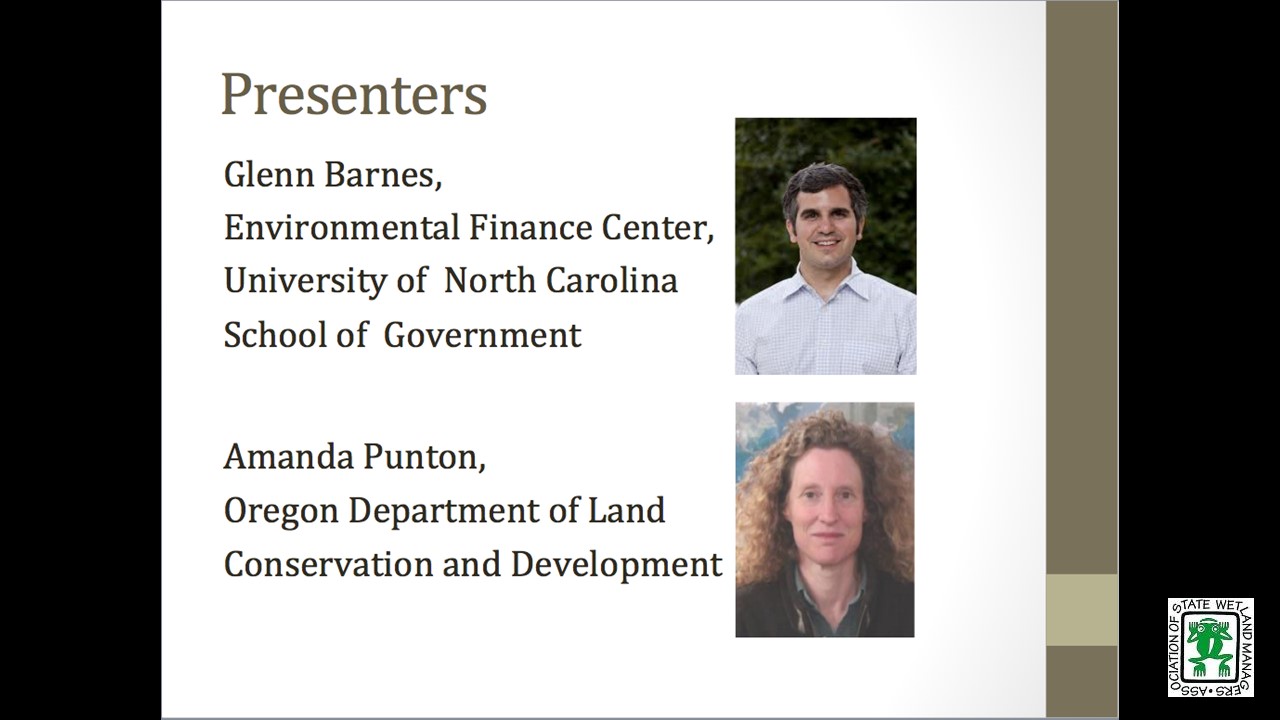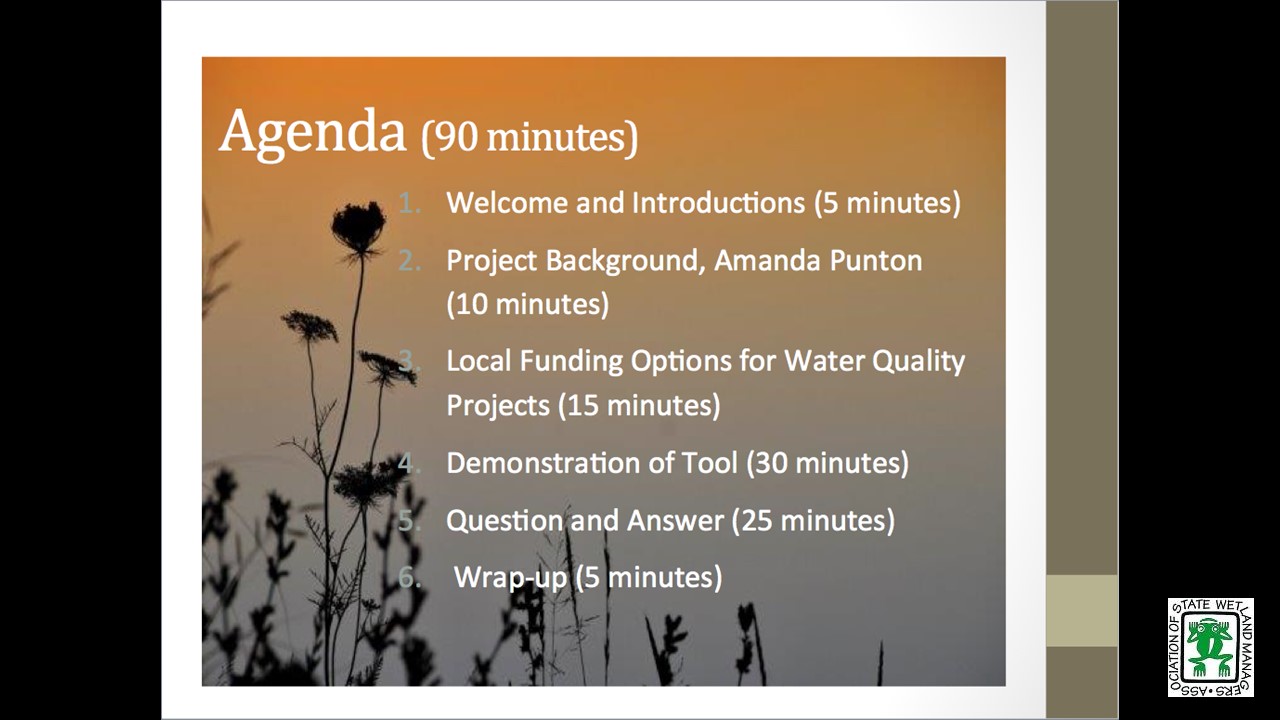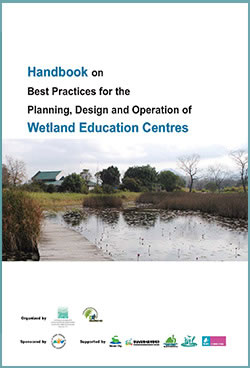
Wetland Link International North America Webinar II: Best Practice in Designing, Building and Operation of Wetland Education Centers
Wednesday, July 30, 2014 – 1:00-3:00 p.m. EDT
ASWM’s July Members’ Webinar to learn about a new international handbook on best practices for wetland education centers and explore wetland center case studies
If you work in wetland education or you are interested in developing or improving a wetland center, the Wetland Link International (WLI) North America Network is presenting ASWM’s July webinar. The webinar will introduce the new Handbook on Best Practice in Wetland Education Centres, which was produced by ERF (Environmental Ecosystem Research Foundation, Republic of Korea) and RAMSAR. Next, the webinar will provide presentations on various aspects of wetland center work, including sharing of case studies by our enthusiastic colleagues. The final portion of the webinar will allow for discussion and sharing of your own experiences running wetland centers.
This webinar offers the opportunity to join wetland education specialists working at wetland centers to learn more about how to plan, deliver and evaluate wetland center activities. WLI hopes the new handbook will be an invaluable resource for anyone working in this field, whether you are planning to build a new center, updating your existing buildings or infrastructure, or looking for new ideas to operate your wetland center more effectively.
| Webinar Agenda | ||
| 1:00 – 1:10 pm | Welcome and Introduction to the Webinar, Brenda Zollitsch, ASWM | |
| 1:10 – 1:30 pm | Summary of the Development of the Wetland Centre Handbook, Chris Rostron, WLI/Nathalie Bays, Oak Hammock Marsh | |
| 1:30 – 1:50 pm | Master Planning for Wetland Centers, Marie Banks, WWT Consulting | |
| 1:50 – 2:10 pm | Running Programs at Wetland Centers, Katelin Frase, Environmental Concern | |
| 2:10 – 2:30 pm | Financial Planning and Resourcing, Mathalie bays, Oak Hammock Marsh | |
| 2:30 – 3:00 pm |
Discussion on Best Practices in Planning and Management of Wetland Centers Do we need a North America-specific Version of the Handbook? Access to the Handbook – Web-based? Hard copy? Other questions |
|
| 3:00 pm | Webinar ends | |
Please click only once on each video recording to view in this window.
![]()
Status and Trends of the Prairie Pothole Region
Thursday, May 8, 2014
Tom Dahl provided information on the latest regional report on the status and trend of wetlands in the Prairie Pothole region. The Prairie Pothole report is the first for this region often called the "duck production factory" and this webinar should be very innovative and informative. The Fish and Wildlife Service is the principal Federal agency that provides information to the public on the extent and status of the Nation’s wetlands. The Service is required to update wetland status and trends studies of the Nation’s wetlands at ten-year intervals and report to the Congress. To date, there have been five national reports on wetland status. In-between national reports, the Service has issued six targeted, regional, reports; notably the status and trends of coastal wetlands in 2009 and 2013 that lead to an interagency coastal wetland working group.
Please click only once on each video recording to view in this window.![]()
Options for Financing Environmental Enhancement at the Local Level in Oregon
January 23, 2014 – 2:00 p.m. ET
INTRODUCTION
- Jeanne Christie, ASWM [PRESENTATION PDF]
PRESENTERS
- Nested Financing – Amanda Punton, Oregon Department of Land Conservation and Development [PRESENTATION PDF]
- Options for Financing Environmental Enhancement at the Local Level in Oregon – Glenn Barnes, Environmental Finance Center at the University of North Carolina School of Government [PRESENTATION PDF]
ABSTRACT
This webinar explored a structure for engaging local governments in a conversation about sustainable local financing of environmental enhancement efforts. The webinar featured a new tool created to illustrate options for generating local funds at a city, county and special district capacity. In particular, the tool brings focus to how partnerships within a watershed can layer local funding with grant and loan programs to achieve a common goal, a “Sim City” of natural resource enhancement. The Oregon Coastal Management Program and the UNC Environmental Finance Center have collaborated on this effort. We will see a demonstration of the tool and discuss how it might be used in Oregon to assist local governments develop implementation plans for meeting water quality, wetland or habitat protection targets.
BIOS
Amanda Punton is the Natural Resource Specialist for the Oregon Department of Land Conservation and Development. As staff for the Oregon Costal Management Program she assists local governments in the coastal zone with planning and management measures to reduce impacts on water quality from existing and new development. As staff for the statewide land use program she works on rule implementation and policies focused on the intersection of natural resource protection with urban development and the use of resource land for farm, forest and aggregate production. Amanda has been with DLCD for 16 years. Previously she worked at the Oregon Department of Environmental Quality.
Glenn Barnes is a Senior Project Director with the Environmental Finance Center based at the University of North Carolina School of Government. He joined the Environmental Finance Center in 2006. Glenn teaches workshops for public officials, provides direct community assistance, and carries out research on a range of topics from green government, energy, and sustainability to stormwater management, water and sewer rate-setting, and wetlands and watersheds finance. Prior to joining the Environmental Finance Center, he worked for non-profits in New England focusing on renewable energy, biofuels, and environmental regulation. Glenn holds a BA and MPA from The University of North Carolina at Chapel Hill.
Please click only once on each video recording to view in this window.
![]()
PDF List of Past Hot Topics Webinar Recordings
View Upcoming Hot Topics Webinars
